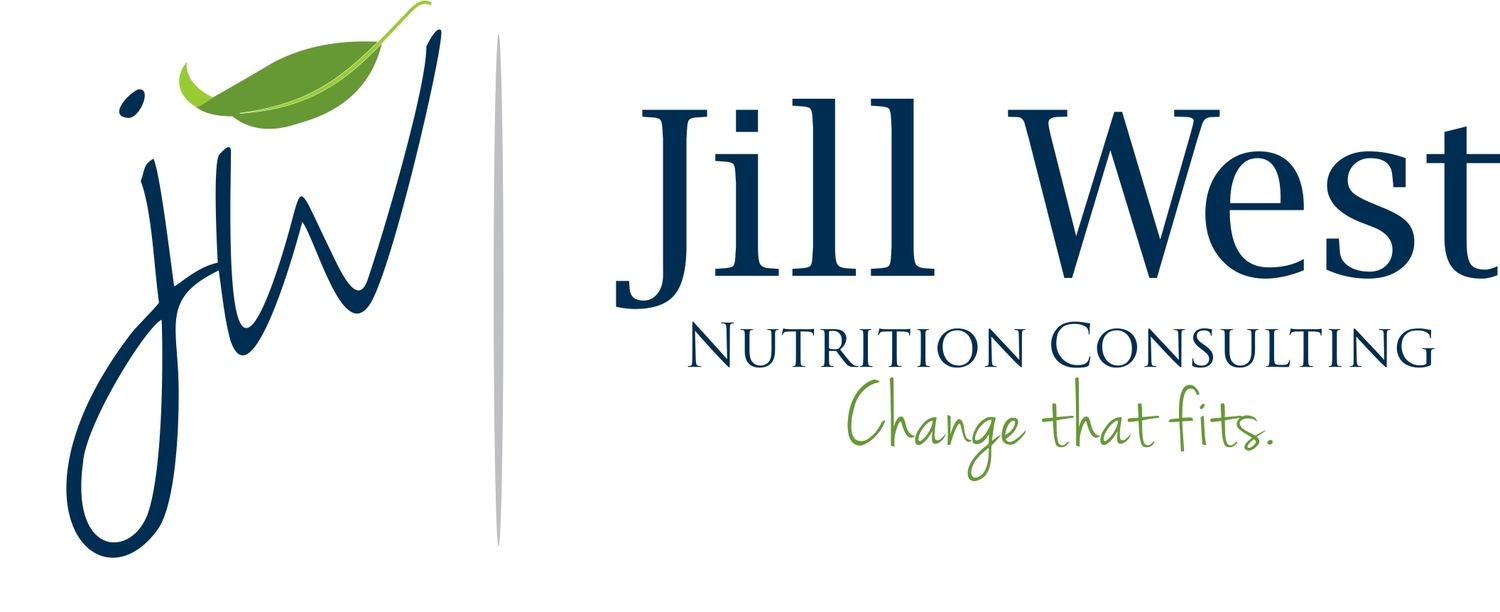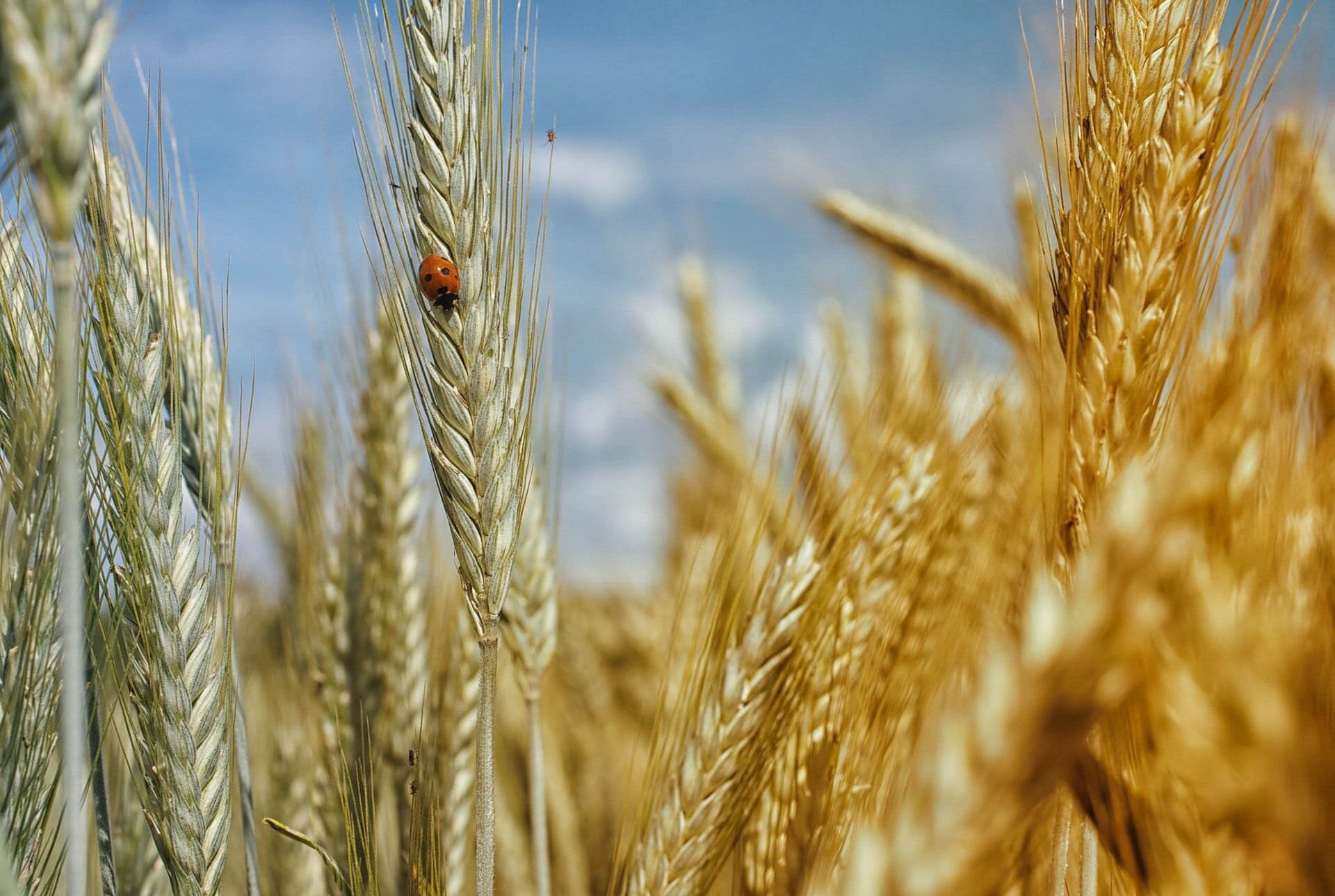4 Food Tips for Healthy Aging
/September is Healthy Aging Month, so it seems like a good time to talk about healthy aging. Some of the many recommendations include Take Naps, Be Social, Sleep Well, Stay Active. As a Registered Dietitian Nutritionist, I thought I would focus on the foods you can eat to live longer and healthier.
Food Tip #1: Think Purple Power!
Yes, foods that are purple and next best, deep red, are full of antioxidants that help keep our immunity strong and decrease inflammation in our blood vessels. Foods like blackberries, blueberries, eggplant, purple potatoes, plums, prunes, raisins, as well as raspberries, red grapes, and strawberries should be included in your diet daily. The antioxidants in these foods help fight off pro-inflammatory cytokines and help prevent damage to immune cells so they can fight off bacteria and viruses.
Food Tip #2: Get Enough Protein
This is really important as we age. Many people eat less protein as they get older, sometimes because of changes in taste, chewing difficulties or problems with swallowing. Yet the recommended amount of protein increases as we age. Protein is important for strength and maintaining muscle mass. When you lose muscle, balance worsens, which increases your chances of falling and breaking a bone. Staying strong is essential for activities of daily living and maintaining your independence. Protein also helps fight off infections and helps us recover faster from illnesses. There are many foods that are high in protein. Not just the animal sources, such as chicken, fish, lean beef and lean pork, but also foods that are easy to grab and easy to eat, such as milk, cottage cheese, beans, eggs, tofu, tuna and lean ground meats.
Lean Protein Foods
Food Tip #3: Focus on Fiber
There are so many things that fiber can help. From constipation to cancer and everything in between, fiber can lower your cholesterol, which helps prevent heart disease. Fiber decreases your chances of getting pre-diabetes, and helps lower your risk of type 2 diabetes and cancer. And it helps keep your GI system working the way it should. Some easy ways to boost fiber in your diet: get enough vegetables and fruit (whole fruit — not juice), switch to whole-grain cereals and breads, eat more beans and lentils and choose homemade popcorn instead of chips.
Beans, Lentils, Whole Grains
Food Tip #4: Get Plenty of Fluids
Increasing fiber without enough fluid can actually worsen constipation, so make sure you’re getting enough fluid as well. Water is ideal, but it doesn’t have to be your only source of fluids. Many clients ask...
“How much water do I need?”
Unfortunately there’s no set amount, but instead, depends on your body size, activity level, the temperature outside and how much you sweat. The Institute of Medicine (IOM) states that an adequate intake (AI) is 13 cups for men and 9 cups per day for women, including all sources of fluids -- water, milk, juice, coffee, tea, soups, even fruit contains fluid. I encourage my clients to start the day with at least 16 oz. water right after waking in the morning. That way, you’ll be off to a good start toward reaching your fluid goal for the day. Fluids are important for keeping your organs and entire system running smoothly and also very important for healthy skin.
The trick is to find the right balance of energy (calories) and nutrients. As you age, your body needs fewer calories, but still needs the same or more of the important nutrients. That means you need to be especially careful to avoid foods that are high in "empty calories". A Registered Dietitian Nutritionist (RDN) can help you live long and well with just the right food plan, personalized for you, to get all of the nutrients you need based on your health.
Healthy aging also includes taking care of your skin. Stay tuned...the next blog will be a guest post focusing on healthy skin care.
















